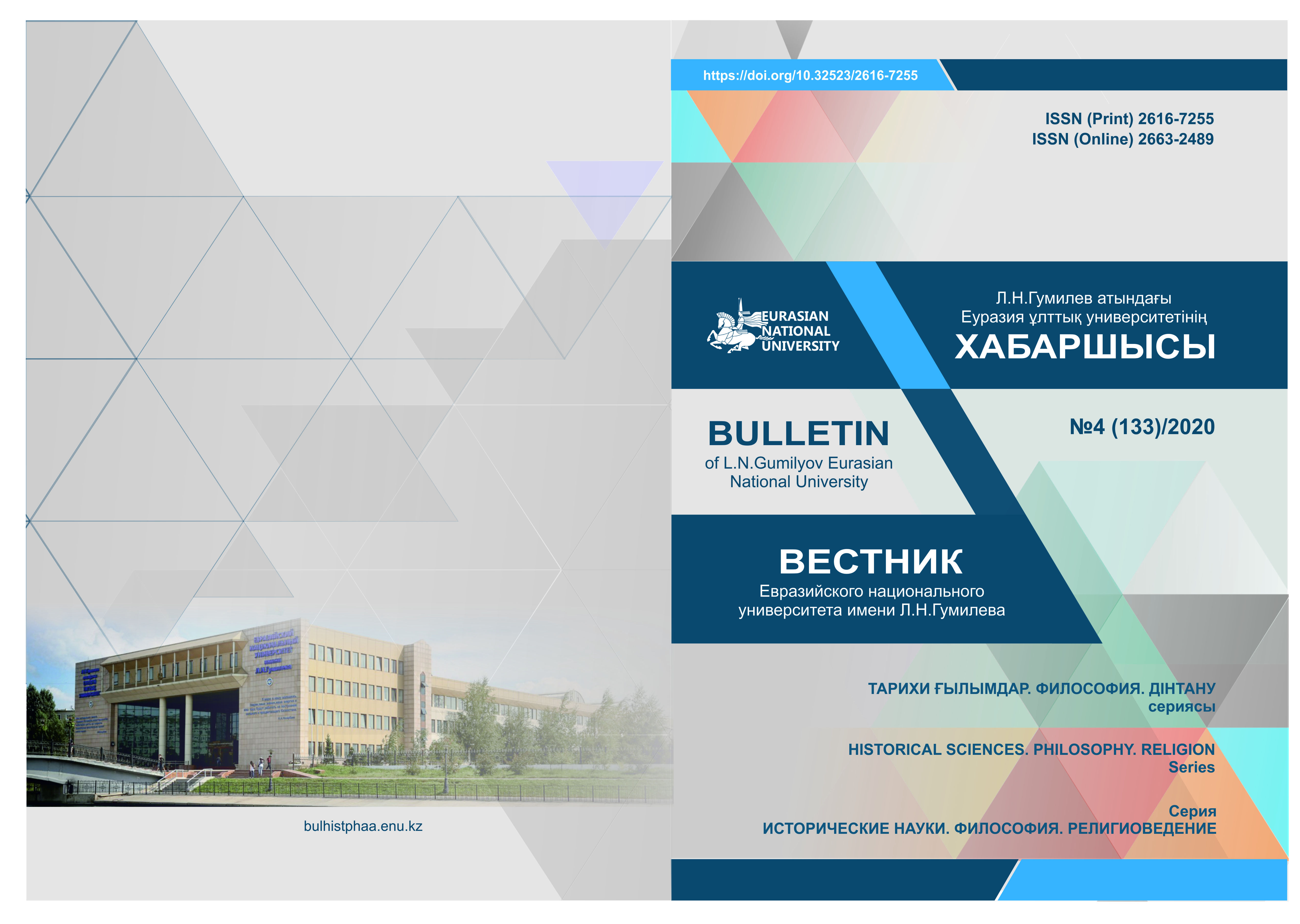Study of scientific community by methods of ethnology: gender approach relevance
Views: 36 / PDF downloads: 28
DOI:
https://doi.org/10.32523/2616-7255-2020-133-4-100-116Keywords:
ethnography of science; ethnomethodology; gender approach; anthropology; scientific community;Abstract
The article describes the methodology and methods of ethnographic knowledge in the focus of their application in sociology and sociopsychology. The author turns to classical studies of M. Weber, G. Zimmel, P. Sorokin and others, who laid the foundation for the study of professional (including scientific) communities. Interdisciplinary interaction of scientific directions focused on the daily routine world, on identification of methods used by a person in society to perform routine actions, which eventually determined the research vector of ethnomethodology. The author describes the undertaken studies of the daily life of the scientific community in the conditions of the laboratory, the fixation of many actions taken by scientists that require additional microanalysis and explanations, anthropologization of the study of the scientific community, gender approach in ethnography of professions. The author considers the main task of the ethnographer of science in the study of daily practical routine activities of the scientist, in the design of "laboratory world" - social institutionalization of the scientific community. The gender aspect is important in the ethnography of science, focusing on the scientist as an active social subject, on gender inequality in scientific (academic, university) communities.
Downloads

Downloads
Published
Issue
Section
License
Copyright (c) 2022 Bulletin of L.N. Gumilyov Eurasian National University. Historical Sciences. Philosophy. Religious studies series.

This work is licensed under a Creative Commons Attribution-NonCommercial 4.0 International License.






